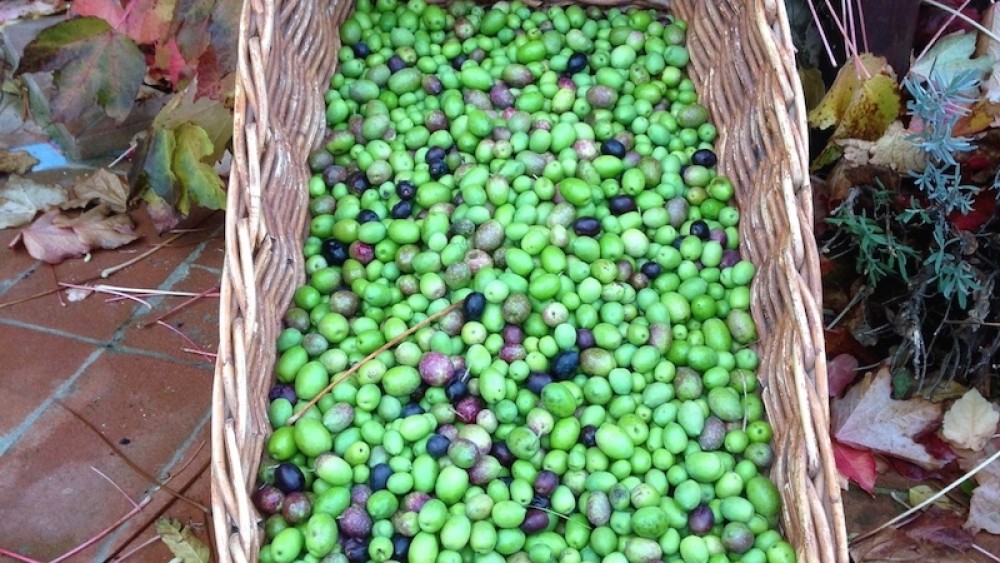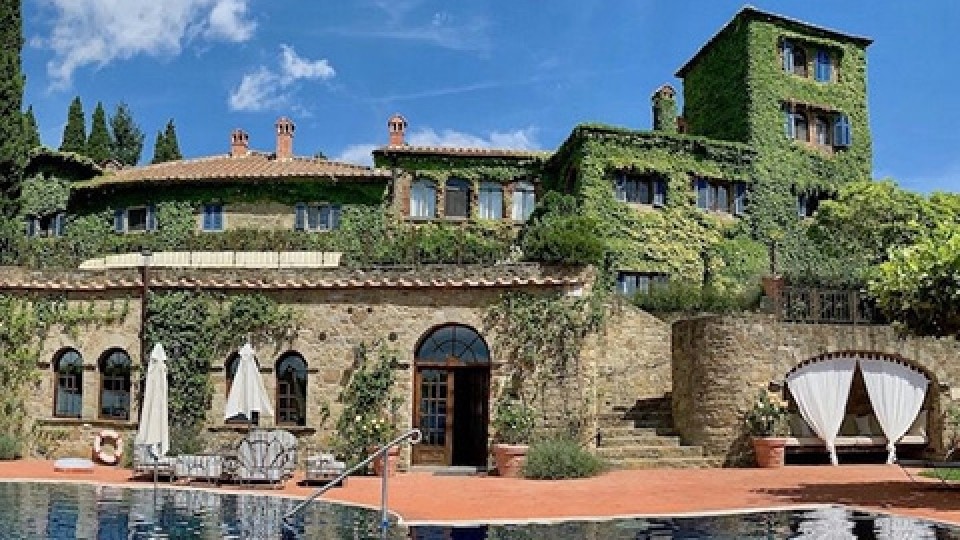Olive oil in Tuscany
March 20, 2014

Tuscookany and Olive Oil.
Virgin olive oil is one of the few man made products that have remained uniquely unchanged through the centuries: The technique has existed with out rectification for over 6.000 years.
Virgin olive oil has particular qualities in comparison to all vegetal oils and animal fats as it is extracted from the fruit rather than the seed.
It seems that the origin of olive oil can be traced back to Armenia and Turkestan, before reaching the Mediterranean area. Remains of olive-presses have been discovered in Palestine, dating back to 4.000 BC.
Olive trees are cultivated throughout the island of Crete in 2.500 b.C. where an ancient ware house has been discovered containing eight hundred thousand liters of oil. This oil would have been used as a reserve against famine years or readiness for export.
For Greeks, olive oil was sacred, and to this day it is still forbidden to uproot olive trees. Due to the mild climate there are trees in Greece that are hundreds of years old. In Greece olive oil is the basic ingredient for cooking and is used today as it has been for thousand of years.
Romans discovered olive oil during their conquest, and it quickly became an irreplaceable ingredient in the dishes. Ippocrate, was one of the first recorded people to realize and promote the health giving properties of olive oil, and it is Plinio who said "olive oil and wine are two liquids good for the human body".During the middle Ages the largest producers of olive oil were the monasteries, and fortress-farms in Tuscany.
But by the 12th century, an important change came about in agriculture. Isolated farms came together in villages protected by walls. These urban centers created a social and economic revolution that created a desire to eat better and thus coincide with a rise in the demand for olive oil.
The 16th and 17th centuries in Italy were a time of wars and disorders, this bought about a crisis in olive oil production. Olive trees remained under cultivation only with in the Tuscan region.
It is during the 18th century that we see a considerable increase in the demand for and production of olive oil. During this period Italian olive oil was internationally recognized as the finest available and was exported to England, Belgium, France, Russia and Germany.
During the 19th century, considering the continuous increase in the market, olive groves appeared up and down the coasts and over most of the hills of central and southern Italy. By the end of the century, out of 97 provinces of Italy, 67 were cultivating olive trees.
By 1950's a wave of thought spread through the western world contesting the health giving properties of olive oil, despite its connotations as peasant food.
In United States, in the 1960's a study conducted by Ancel Keys statistically proved that poorer persons in the Mediterranean area were not affected by cardiovascular disease.
During a visit in Greece and Italy, Ancel Keys, noticed that considering the high consumption of fat (mainly olive oil) the rate of cholesterol and cardiovascular disease is very low.
The Mediterranean diet began to gain popularity and olive oil sales and production have been increasing ever since. At Tuscookany the Tuscan Olive Oil is one of the most important ingredient for nearly all the recipes that are tougth by our Tuscookany chefs.

Interested in our cooking courses at one of our Tuscan villas?
Do you want to enjoy our Tuscany cooking classes with plenty of time to explore in your free time, all while staying in an amazing villa?
Reviews
How our guests experienced the Tuscookany courses
Reviews from our former guests made about their visit to Tuscookany on TripAdvisor, facebook, Twitter, Google, Chow and Yelp.





